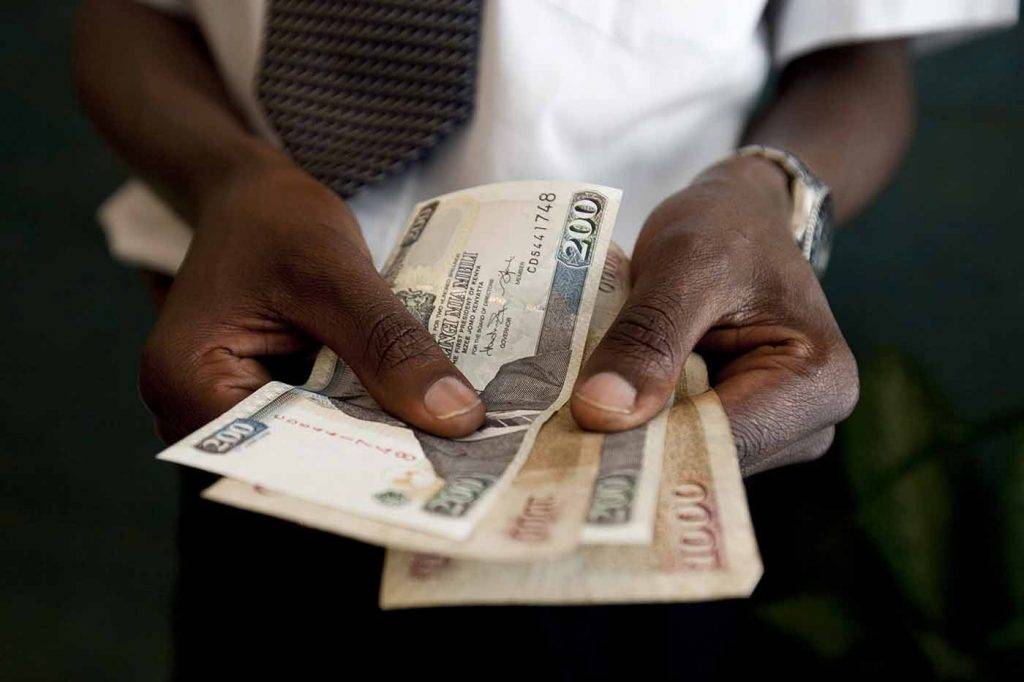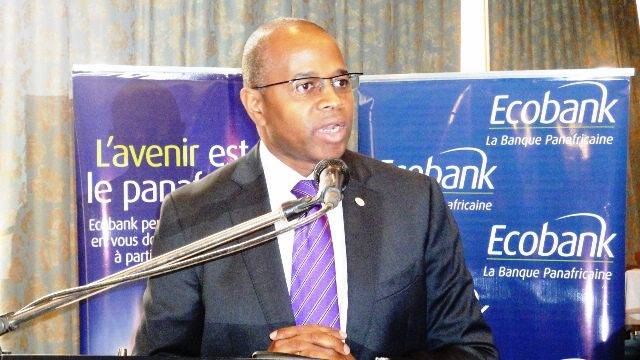African Banks Faithfully Polish Their Mobile Apps But That Doesn’t Spell A Vendetta Against The Fintech Frenzy

It is not unheard of that mobile banking is booming in Africa. The uptake and swelling of electronic payments has laid the groundwork for financial institutions across the continent to make good on their digital services.
This is not only about the launch of mobile banking applications, but the religiousness these organizations apply in keeping them cutting-edge.
With competition as an essential part of any economy, banking firms in Africa are giving each other a run for their money. Then, in comes the belief of the all-out war against fintechs.
These app updates, if anything are proof that the continent is a fertile breeding soil for the next generation of b
The Proposition

One of the banks that have attracted much attention in recent months is Ecobank. Ecobank Transnational Inc. is a pan-African banking conglomerate, with banking operations in 36 African countries.
The firm is the leading independent regional banking group in West Africa and Central Africa, serving wholesale and retail customers. Last year, it won the Bank of the Year and Best Bank in prestigious London awards ceremonies.
In December, the institution did some redecoration in the room that is its mobile app. Supposedly in the spirit of the festivities, the roll-out promised less clicks and more functionality.
From fingerprint scanners to interactive interfaces and more financial services, the The Ecobank Mobile version 4.0 is a fitting example of what most banks have been digitally up to.
Ecobank’s ‘One bank’ model sees us manufacture our products and process them centrally, while distributing them locally. This enables rapid distribution in 33 countries.

Source: Afroactu
Chieck Travaly, the Managing Director for Ecobank’s Kenyan branch says the institution has transformed the way it delivers banking products and services through investments in digital technology.
Travaly, who is also the bank’s Regional Executive for Central, Eastern and Southern Africa, told WeeTracker that the strategy has enabled the firm to stay on top of the evolving needs and expectations of consumer, business and corporate customers. However, Ecobank is not the only financial institution standing on this table.
“We also leverage our competitive advantages from being a full-service pan-African bank with a diversified business model through partnerships (e.g. with telecommunication operators’ networks and fintechs’ know-how) to enhance the value proposition of our customers,” he said.
Why Banks Are Taking Their Apps Seriously
According to a McKinsey Global Banking report, banking in Africa is among the most exciting in the world and a hotbed of innovation. The report highlights that the retail banking sector is a locus of new business model which emerge in response to challenges.
These drawbacks include low banking penetration level, heavy use of cash, credit bureau coverage and limited branch and ATM networks.
African financial institutions are juiced up by the radical incursion of mobile phones. According to GSMA’s Mobile Economy Report Series, 84 percent of the population (1 billion people) will have access to a SIM connection by 2025 – a 3.7 percent increase from 2017. In Sub-Saharan Africa overall, there is a 23 percent penetration rate of mobile Internet user.
According to Travaly, these numbers enable banks’ mobile-enabled platforms to increasingly disrupt traditional value chains in different verticals across the region, which is changing the way banks are operating.
“The use of mobile networks generates huge amounts of data that are a great benefit for financial institutions for both the KYC (Know Your Customer) on-boarding process and better segmentation, “ he adds.
Through mobile banking, the previously unbanked or underbanked sole traders and small businesses are ushered into the formal economy, thereby driving financial inclusion across the continent.
Even though about 66 percent of people is SSA are listed as unbanked, the World Bank does say that new money technologies are disrupting the issue of financial inclusion for many operating in informal economies.
War Against Fintechs?
Not quite. It is easy to assume that banks and fintechs are in an unending tug of war, especially as banks have only recently rose to the innovative occasion.
The “mobile money” phrase seems to be more associated with financial technology companies than with banks themselves. Some of the glory is owed to solutions to Safaricom spinoff M-Pesa, which has made over 60 percent of the Kenyan population hold mobile money accounts.
Also in the spotlight are initiatives like Kuda’s – a digital-only bank. Moreover, the fintech which debuted into Nigeria’s financial space with a USD 1.6 Mn pre-seed raise, is partnering with banks to make its offerings possible.
Though fintechs charge less fees than the traditional institutions themselves, the former target niche markets as opposed to the latter’s broader perspective.
Also recall that the Central Bank of Nigeria, for example, has significantly slashed transfer and ATM withdrawal fees across the country’s banking sector. The directive which took effect at the beginning of this year, may have a silver lining – bringing back banks (much) closer to their customers.
In the past 12 to 18 months, SSA has become one of the fastest-growing fintech hubs in the world in terms of investments. From 2017 to 2018, the growth of the sector was above 200 percent, which is arguably the highest just about anywhere.
Not Necessarily
According to Travaly’s stance, there does not necessarily have to be a face-off between banks and fintechs. Since fintechs are doing more to improve Africa’s financial sector – as opposed to the conviction that they are disrupting it – both sides of the playing field can keep in the spirit of good sportsmanship.
Most banks in Africa have willingly left the mobile money revolution to mobile operators, as they could have realized that it is the best way to bring about thorough financial inclusion.
“Rather looking at fintech challengers as points of competition, Ecobank looks at them as points of collaboration. Our strategy is to build strong and positive partnerships with fintechs through various initiatives.
One such example is Ecobank’s encouragement of fintechs through its annual Fintech Challenge competition – in which mentoring and advice is provided to the African fintech entrants.
Also, we leverage the opportunity to create partnerships with the winning fintechs to provide their innovative products and services to our customers at a price point that the latter can afford.” Travaly told WeeTracker.
Right on track, Ecobank just unveiled its Pan-African Banking Sandbox. The pilot will allow partners and fintechs across 33 African countries gain access to its Application Programming Interface (API) to develop innovative financial solutions.
Ecobank also disclosed how it intends to join hands with winning fintechs to provide their innovative products and services to its customers at a price point that the latter can afford.
Truly, the firm has selected Flutterwave (Nigeria), Africa’s Talking (Kenya), Callme2Work (Kenya), and Esicia Ltd (Rwanda) for its Sandbox initiative. These companies are arguably one of the leading fintechs in their respective countries.
Via Mobile Banking…
The technology behind mobile banking enables the delivery of standardized products and services across all 33 countries of Ecobank’s sub-Saharan footprint. This also means that smaller countries – which might not ordinarily justify such investment on a standalone basis – can as well benefit.
In addition, mobile banking empowers the partnerships that banks like Ecobank has established with telecoms companies. This goes a long way to increase their marketing and distribution reach, meaning it can achieve the scale to reach and serve the mass market.
Ecobank’s launch – and rapidly expanding number – of Xpress Points agencies are improving financial inclusion by bringing financial services closer to consumers at convenient locations in their own neighbourhoods.
Via mobile banking, African banks are giving their customers numerous digital channels, products and services that provide convenient and simple ways of interacting at the best price-for-value level. More like enriching customers’ experience by continuously modernising our mobile apps and solutions.
Featured Image: Ventures Africa